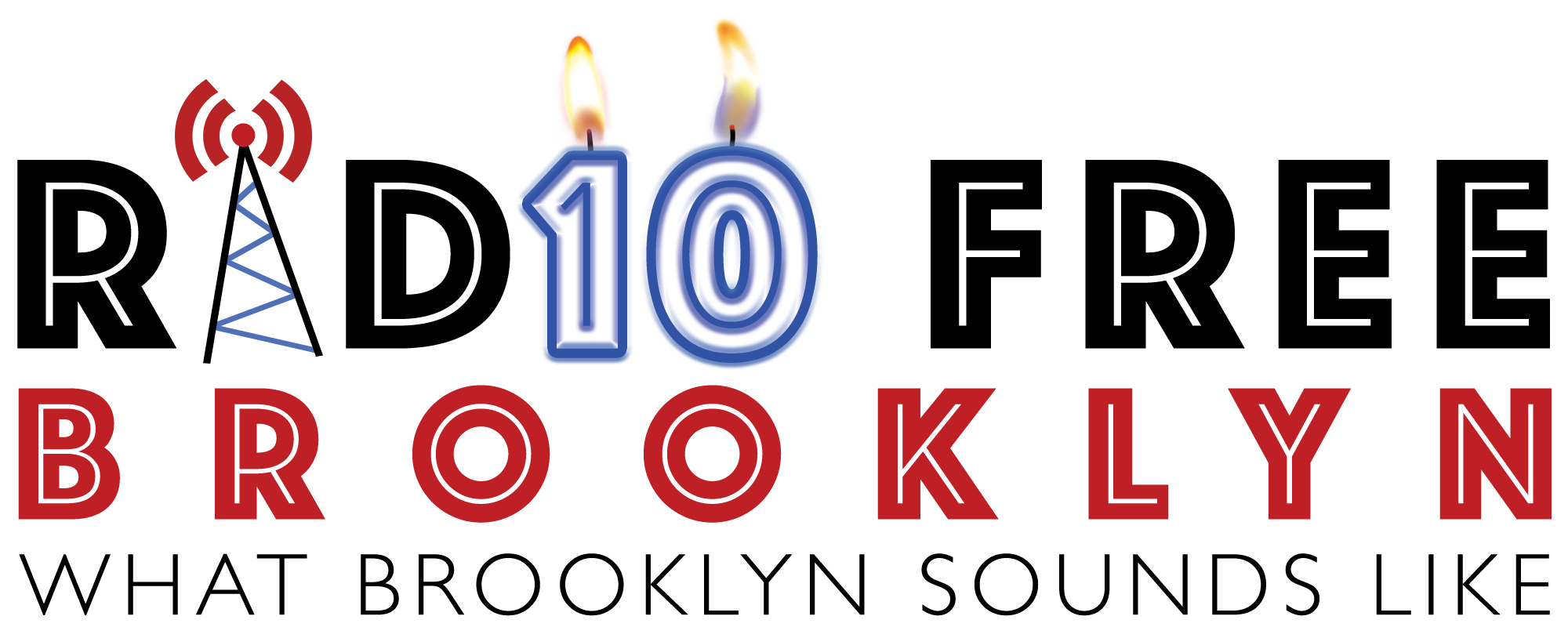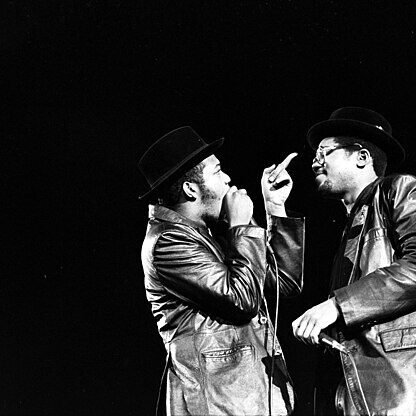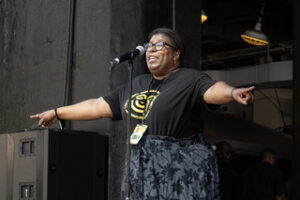Cover versions of songs are an eternal staple of pop music in almost every genre – except rap. Even cross-genre covers of rap songs are rare. There may not be a single example of an MC or group performing another artist’s song in exactly the same fashion with the same sampling as a previous artist. Why is that?
Something often forgotten when examining rap as an art is that there’s always at least one live instrument – the human voice. An MC’s voice is a singular instrument. No two sound the same, and every MC’s flow is different. Their intonation, emphasis, and sense of rhythm are unique. Two different musicians can play a guitar riff the same way, but a rap bar will sound different, delivered by two distinct voices. And in rap, more than any other genre, lyrics are more personal and singular. Kendrick Lamar doesn’t rap about the same things as Snoop Dogg. There is a greater sense of ownership in rap. Lyrics are identified with voices and flows. A rapper might lift a line or two from another artist, but only as a reference or an homage, using someone else’s idea to spin off in a different direction.
Slightly more common, but still rare, is the practice of lifting a well-known sample and using it for a new song. This is not exactly a cover per se, as each song is its own entity, but the new song still elicits comparisons with its predecessor. However, if the newer song isn’t as good as the previous song with the same sample, the question remains as to why. Kiana Lede’s 2020 single “Mad At Me” uses the same Joe Simon sample as Outkast’s “So Fresh, So Clean”, and Lede’s song pales in comparison. Mya’s 2003 single “Fallen” uses as its backbone the same Luis Bonfa guitar sample that J Dilla used to build The Pharcyde’s “Runnin’”. This was more successful because the guitar sample is just one element in a layered production but is still instantly recognizable.
The only true example I’ve found of an MC performing another MC’s lyrics word-for-word is an oddity. Everlast, the erstwhile frontman of House of Pain, did a straight lyrical cover of Slick Rick’s classic cautionary narrative “Children’s Story” on his 2000 album Eat At Whitey’s. The Bob James bass sample from Slick Rick’s original is re-imagined by both a reverb-ed guitar and piano and ends up sounding like country blues. The song works better than it should, likely because the tale of a youth breaking bad and its tragic denouement will always resonate. Perhaps this is how to do a rap cover: by taking a song with universal lyrics rather than personal and giving it a complimentary coat of new paint.
Photo: Ian Dryden, Los Angeles Times, CC BY 4.0, via Wikimedia Commons



